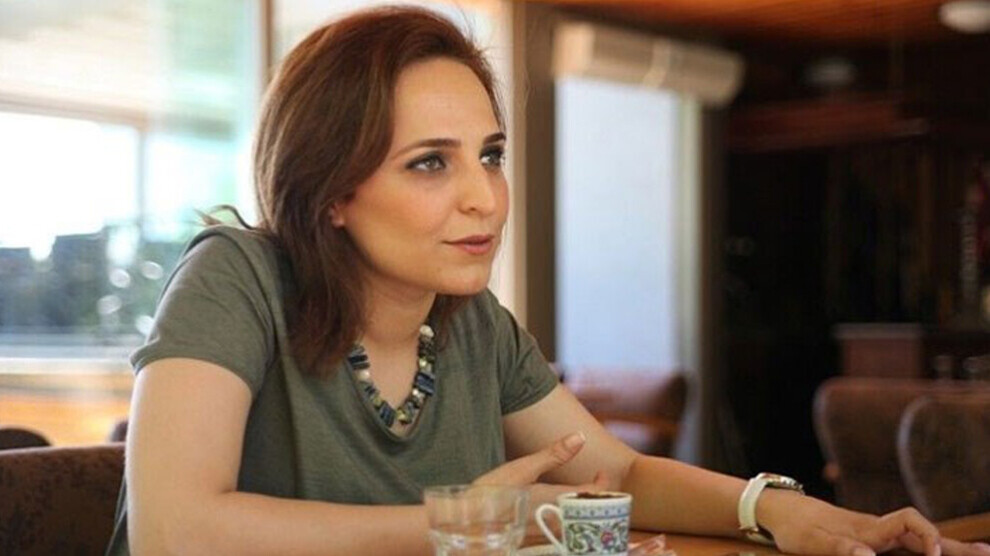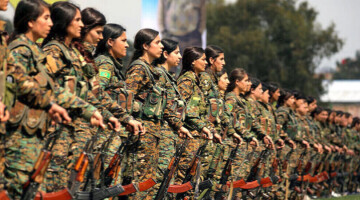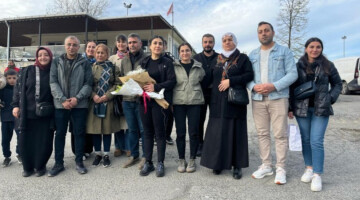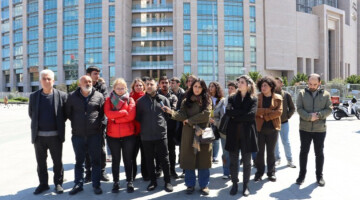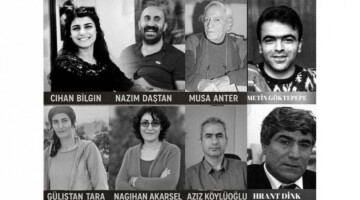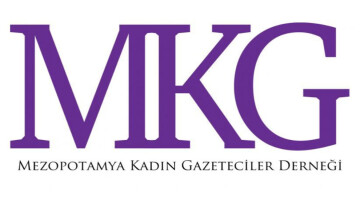Almost a year and a half after the conviction of the Kurdish journalist Ayşegül Doğan, the regional court of appeal in Amed overturned the decision and referred it back to the court of first instance. Among other things, Doğan's journalistic activities were interpreted as a criminal offence, it was said in justification. In addition, the court violated the principle of free assessment of evidence. The sentence could be ground-breaking for politically persecuted members of the opposition.
Ayşegül Doğan was sentenced to more than six years in prison in December 2020 on charges of “membership in an armed terrorist organization”. According to the court, the former program coordinator of the state-owned television channel IMC TV is a member of the permanent council of the grassroots movement KCD (Democratic Society Congress) and belongs to the culture and education commission of the association. The KCD is regarded as the framework for democratic social organization in North Kurdistan. Despite a contrary assessment by the European Court of Human Rights, the Turkish leadership declared the institution to be a “PKK structure” – and the judicial authorities treated it accordingly.
The criminalization of the KCD goes hand in hand with a campaign of political annihilation against the Kurdish population, which has been going on since the unilateral end of the peace negotiations between the Turkish state and the Kurdish movement in 2015. The Diyarbakır public prosecutor argued that the platform was set up on "orders" by the imprisoned PKK founder Abdullah Öcalan with the declared aim of destroying the "unity and integrity of the Turkish state" and thus the essence of Turkishness. This claim, formulated using the copy-paste method, can be found in almost all indictments against opposition members from the Kurdish spectrum that end up in court in Amed.
In the judgment against Ayşegül Doğan, the Court of Appeal cited allegations as evidence that had not been checked for completeness and consistency.
Among other things, it was about the accusation that the 45-year-old was a KCD delegate, had acted as moderator of a symposium on resistance and self-government in Amed in 2012 "by order of the organization" (meaning the PKK) and in the same year took part in a women's conference organized by the Democratic Free Women's Movement (DÖKH) in South Kurdistan - also on the instructions of the "organization".
Doğan was sentenced to more than six years in prison for speaking at events as a speaker or journalist and for conducting interviews and research for the purposes of her work. "This was clearly unlawful," the court of appeal said unanimously. The guilty verdict should therefore be overturned, but the ban on Doğan leaving the country remains in place.

